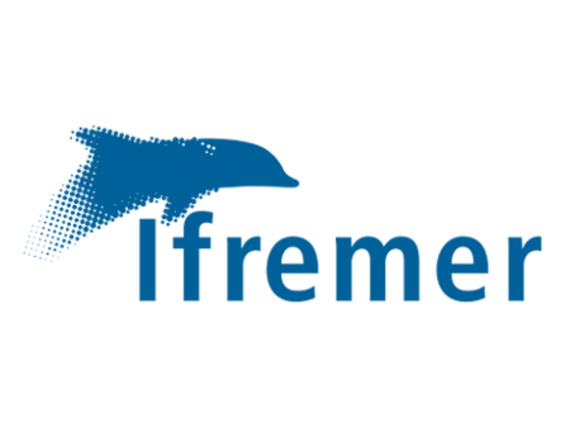Trait-Based MoDEls To Predict MariNe EcosysTem Dynamics
PhD Thesis of Clément Violet (2020-2023)
Development of models using ecological traits to better understand and predict the structure and dynamics of coastal ecosystems.
Understanding and predicting the structure and dynamics of coastal marine ecosystems remains a major scientific challenge. A prerequisite to tackle these questions lies in characterising the major ecological processes underpinning these complex dynamics, including:
(1) how environmental factors influence the dynamics of individual species or groups; and
(2) interactions between these species or groups (predation, competition, facilitation ...) and their dependency to habitats (e.g. as sources of food or shelter...).
The thesis project aims at developing an innovative trait-based modelling framework to better understand and predict benthic ecosystem dynamics. Functional ecology provides a theoretical framework to capture major ecological processes across a whole ecosystem as species-specific functional traits (e.g. maximum size, mobility , life duration …) can help generalise their responses and roles within an ecosystem.
Model development will rely on two interconnected components:
(1) using large datasets (e.g. REBENT et Reef Life Survey), a data-driven reconstruction of ecological networks as well as identification of sets of traits and functional groups structuring benthic ecosystem dynamics; and
(2) the stepwise development of a trait-based simulation modelling component to capture ecological network and predict ecosystem response to future scenarios.
Supervisors:
Martin Marzloff (LEBCO), Philippe Cugier (LEBCO), Stanislas Dubois (LEBCO), Gireg Desmeulles (LAB-STICC), Fabrice Harrouet (LATIM)
Collaboration with Dr Rick Stuart-Smith et Dr Graham Edgar (IMAS)
Collaborations:
Funding:










